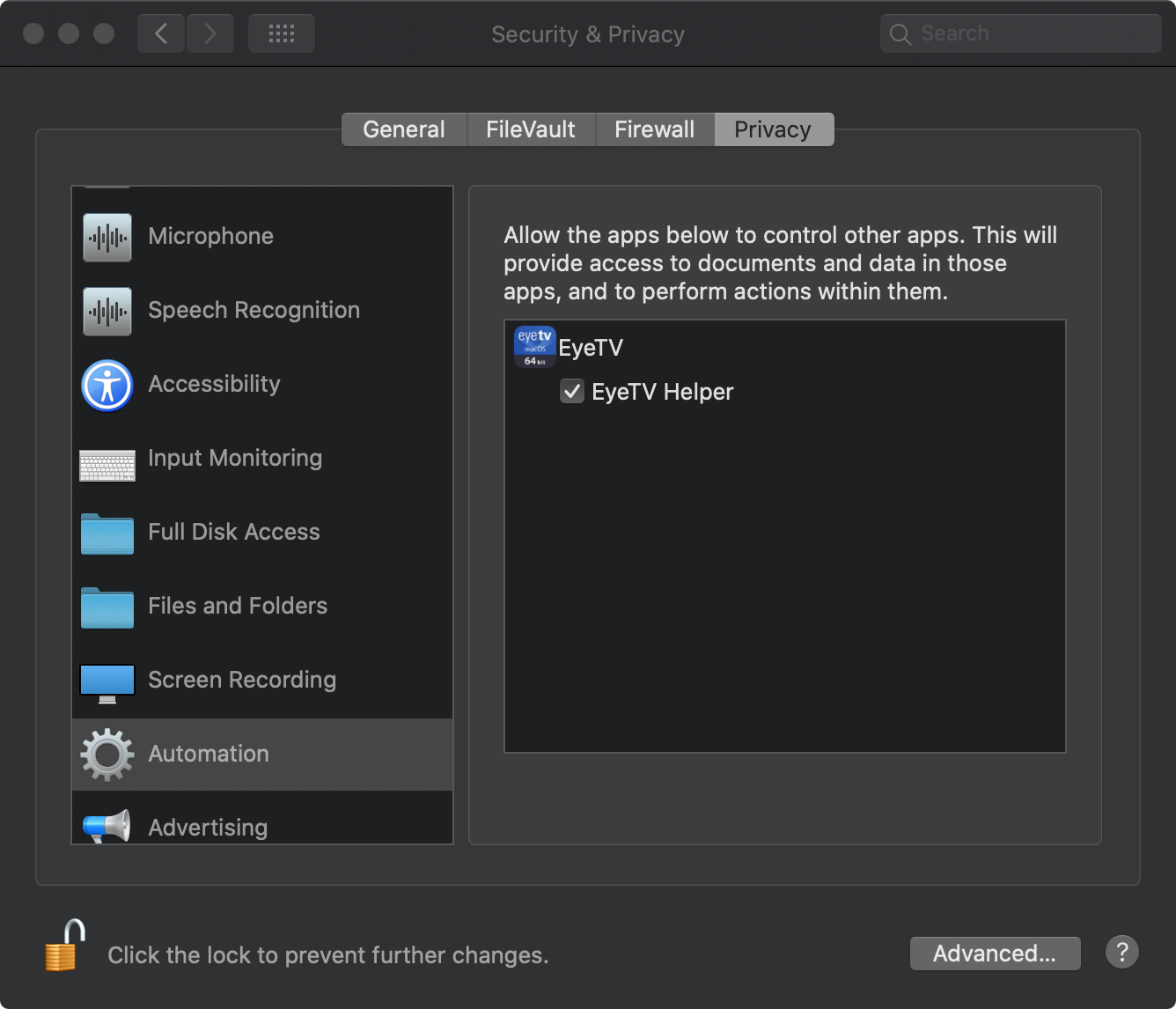- I Was In The Exact Same Situation. These Machines Are From IBM Employee Inventory And Are Classified 'IBM Certified Pre Owned Equipment'. The Model...
- IMessage Not Showing Contact Names On Mac - Apple Community
- Your Machine Might Have 10.7 Or 10.8 Installed By Default, So There Is A Interet Recovery Option.Hold The Command Option R And Boot The Machine On...
- I Bought It Thru IBM. Vintage? Apple MacBook Pro 9W8L
- Those Without Names Mac Os Download
The current Mac operating system is macOS, originally named 'Mac OS X' until 2012 and then 'OS X' until 2016. Developed between 1997 and 2001 after Apple's purchase of NeXT, Mac OS X brought an entirely new architecture based on NeXTSTEP, a Unix system, that eliminated many of the technical challenges that the classic Mac OS faced. The current Mac operating system is macOS, originally named 'Mac OS X' until 2012 and then 'OS X' until 2016. Developed between 1997 and 2001 after Apple's purchase of NeXT, Mac OS X brought an entirely new architecture based on NeXTSTEP, a Unix system, that eliminated many of the technical challenges that the classic Mac OS faced.
Written by Mårten Björk •
It is good to know the way Apple names the versions of OS X. It can be confusing That apple charges for small upgrades such as 10.3 – 10.4. Well, they don’t. Or yes they do, but it’s not like it looks.
Each 10.x is an own operating system (OS) in itself. A little update or bugfix normally changes the OS system from x.1 – x.2. But not in OS X, where a little bugfix or update makes 10.4.7 to 10.4.8. As I wrote before, 10.3.x and 10.4.x are two different operating systems.
So: The third number in the version number of OS X is to compare with the second number in the version number of other application or OS.
This does not concern the programs in OS X, only OS X.
Apple also gives each OS a Cat-name:
- Mac OS X 10.0 (Cheetah)
- Mac OS X 10.1 (Puma)
- Mac OS X 10.2 (Jaguar)
- Mac OS X 10.3 (Panther)
- Mac OS X 10.4 (Tiger)
I Was In The Exact Same Situation. These Machines Are From IBM Employee Inventory And Are Classified 'IBM Certified Pre Owned Equipment'. The Model...

| Click here to return to the 'Spaces in file and directory names' hint |
Your default shell should be set up for tab-completion, which makes typing these ghastly escape sequences easier (i.e., helps to make all those backslashes).
Tab-completion is really useful anywhere in the shell though... all it means is that when you've typed part of a word and then push 'tab', the shell will try to complete the rest of the word in an intelligent way. For example, let's say you have a directory with the files:
aFile
anotherFile with Spaces in THe NAME
doc1
doc2
Let's say you want to use the 'less' command to view the contents of aFile. You can type...
less aFile
less aF[tab]
In the 2nd case, after typing those two unique letters and tabbing, the rest of the file name will be completed.
If you want to do something with that 2nd file with the scary name, it's easy to just type:
less an[tab]
And it will fill in all the junk necessary for you.
For the 3rd and 4th files, since their names are so similar you really just need to type out the full names...
I hope this is news to someone ;)
IMessage Not Showing Contact Names On Mac - Apple Community
Just realized that I forgot to mention how this works with directory navigation. Here's an example:
to do this properly:
cd /Users/username/temp/directory with spaces
you could type this:
cd /U[tab]/use[tab]/temp/dir[tab]
The tab positions are completely arbitrary. As long as what you've typed is unique the shell will know what to fill in. The win here really comes with the last directory name.
You have to complete each directory name in the path. It will complete the name of a directory in the path you've specified so far. (ie. cd /U[tab] will complete to cd /Users)
Your Machine Might Have 10.7 Or 10.8 Installed By Default, So There Is A Interet Recovery Option.Hold The Command Option R And Boot The Machine On...

I Bought It Thru IBM. Vintage? Apple MacBook Pro 9W8L
I have always just put the * symbol in place of spaces and that has worked fine for me. That way You can use directories with spaces in them.
Those Without Names Mac Os Download
I have no idea why I tried this, but when I ran into the space problem, I just surrounded the title in question with double quotes, as in CD /Users/unohoo/'My files' and it worked fine repeatedly.